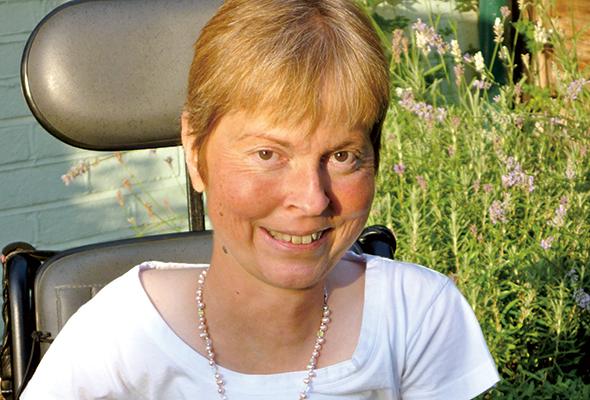David Cameron has declared his opposition to legislation that would enable aiding the terminally ill to commit suicide. The proposal would allow people with less than six months to live to choose to be helped in ending their own lives.
The UK Prime Minister believes that liberalising the law would cause people to feel “unfairly pressurised” into ending their lives. His intervention was in response to several prominent politicians coming out in favour of relaxing restrictions.
Norman Lamb, the Liberal Democrat Care Minister, has spoken in favour of reform saying it has “quite widespread public support”. Lamb has called the current system, which leaves people uncertain if they will face prosecution, as “cruel”. He is now convinced that “the State should not stand in the way” of people determined to end their lives.
Although the practise is not fully legalised at present, the Director of Public Prosecutions issued Guidelines in 2010 indicating that anyone acting with compassion on the will of a dying person was unlikely to face criminal charges. However, assisted suicide remains technically punishable by 14 years in prison.
Lord Falconer of Thornton, the former Labour lord chancellor, has drawn up legislation that would allow doctors to proscribe lethal doses of drugs to the terminally ill if requested. MPs will be allowed a free vote on the matter.
Whilst recognising that “it’s a matter of conscience” Cameron remains committed to his personal opposition: “I have not supported it in the past and I’m not planning on changing my position.” Nick Clegg, the Liberal Democrat Deputy Prime Minister, is also opposed.
Concerns have been raised that reform could endanger the disabled and the elderly. Baroness Campbell, a disability rights campaigner, said the proposals “sent a shiver down my spine” and could lead to a “slippery slope”.

For Baroness Campbell: “The existing law on assisted suicide rests on a natural frontier…that we do not involve ourselves in deliberately bringing about the deaths of other people” whereas the reforms would create “an arbitrary and permeable” boundary.
Highlighting Belgium, where it has been proposed that right-to-die laws should be extended to children, Campbell argues that liberalisation would not stop at the terminally ill but would naturally extend to “chronic and progressive conditions” and “disabled people”.
In response it could be argued that such a progression could be positive, and that all of these groups should also have the right to choose their own fate. Likewise, the principle that individuals have the right to choose their own fate could also be seen as a natural and stable frontier.
The vote is likely to take place this summer.
